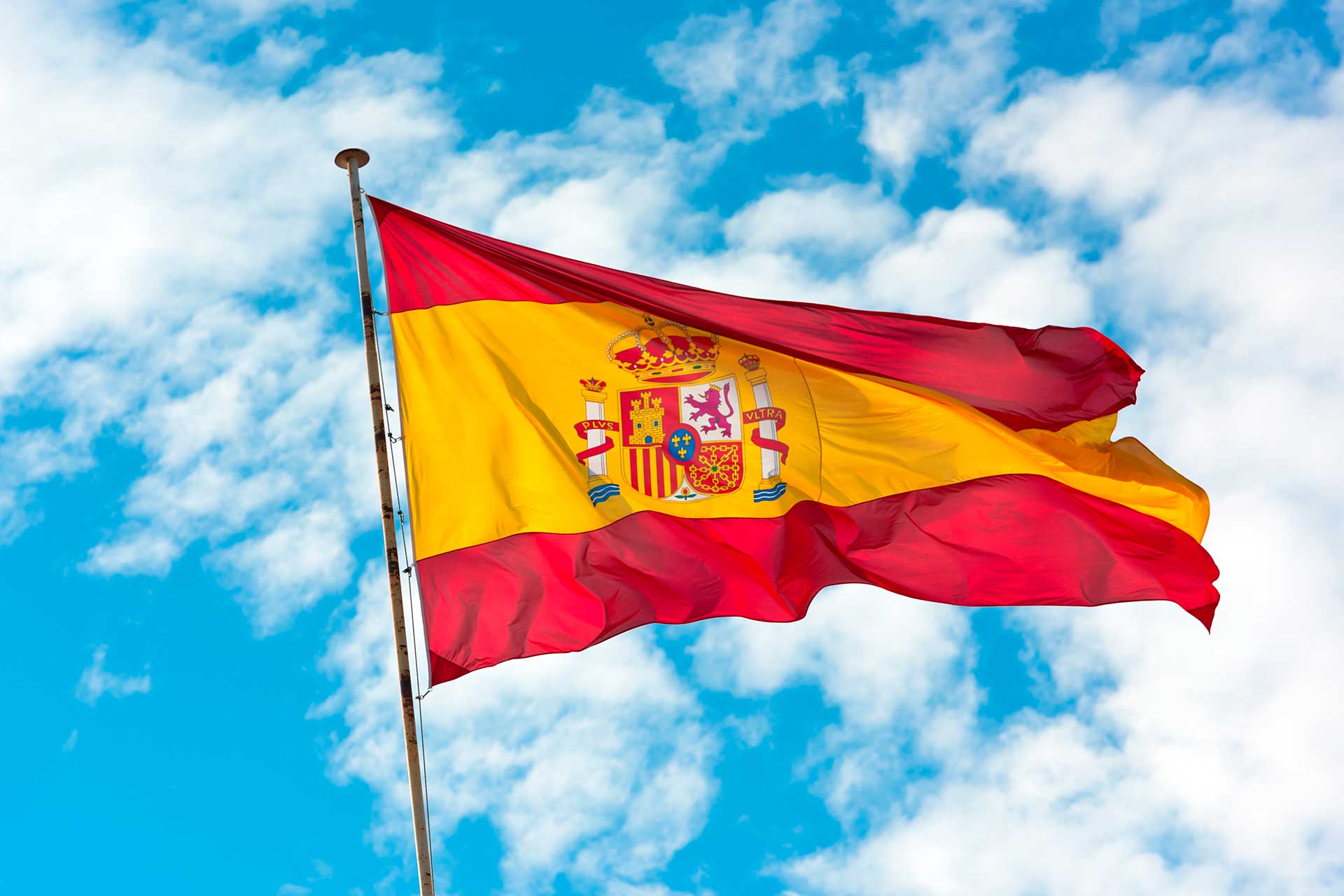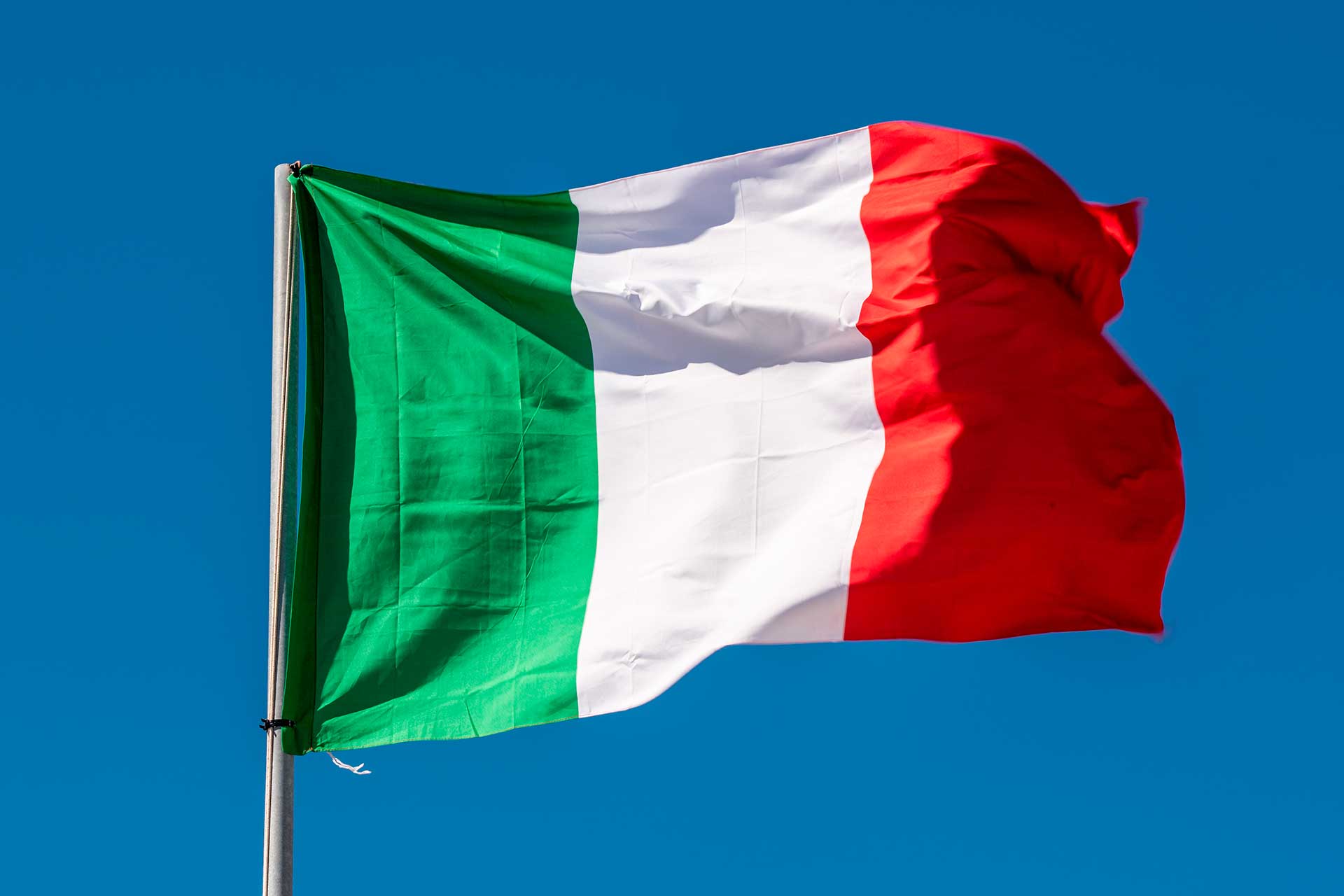January 20, 2025
The EU Blue Card is a special residence permit in Europe, designed to attract highly qualified specialists from non-EU countries, which is analogous to the American Green Card. The main purpose of issuing such a residence permit is to meet the needs of the European labor market in specialists for those areas where there is a shortage of staff. For immigrants Blue Card opens access to career prospects and better living conditions for themselves and their families.
The Blue Card program is aimed at stimulating innovation, developing scientific research and strengthening international cooperation. The emergence of the EU Blue Card is due to the fact that many European countries are actively competing for talented professionals, which creates favorable and attractive conditions for labor immigrants. Also, the EU has an aging population trend, which in turn leads to labor shortages in some industries.
You can live, work and build a career in any European country with an EU passport, issued under a simplified procedure in the shortest possible time. To learn more about it, fill out the form for a free consultation.
What is the EU Blue Card?
The Blue Card is a residence permit in Europe that allows qualified workers whose professional background is higher than that of local applicants to reside and work in one of the association countries. Globalization of the labor market forces large companies to attract specialists with different skills and rich experience. To obtain a Blue Card you need to have an employment contract or a job offer for a period of 6 months or more with a salary above the average salary in a particular EU country. This kind of residence permit is provided by 25 EU member states, but the program is not implemented in Ireland and Denmark.
In 2007, a proposal was submitted to the European Parliament to adopt a directive “On the conditions for entry and residence of third-country nationals for the purpose of highly skilled employment”. Following the adoption of the Blue Card Act in 2009, the results of attracting talented workers to the EU have been positive. The Single Permit Decree was also adopted in 2011, which created a unified system for issuing residence permits for the purpose of employment to highly skilled employees from non-EU countries.
In 2014, the European Commission published the first report on the implementation of the Directive. The report focused on the problem of some Member States creating more favorable conditions for attracting skilled professionals. Since many countries have their own national policies in attracting talented immigrants and have not introduced restrictions on the admission of such workers, the share of guest workers was unevenly distributed across the association.
Advantages of the EU Blue Card
Foreign citizens residing outside the EU are interested in applying for the Blue Card, as it entitles them to legal residence and work in the EU, as well as the following advantages:
- prospects for career development and professional growth in large European companies;
- opportunity to improve the standard of living;
- access to prestigious European education, developed health care system and medical insurance;
- the prospect of obtaining a residence permit after a certain period of residence in the territory of the association (in some countries – under an accelerated or simplified procedure);
- access to free movement within the EU and Schengen countries without the need to obtain permits;
- possibility to move to the European Union together with a spouse and minor children (Blue Card provides for the option of family reunification).
In addition, it is worth considering additional advantages of the Blue Card that make the program even more attractive for immigrants, namely:
- simplified visa issuance procedure for short-term trips to other countries;
- longer validity of residence permits compared to regular work visas;
- special professional retraining, as well as available programs for integration of migrants into the new society, including language courses.
- permission to change employers without the need to obtain a new card;
- social protection, including benefits on a par with EU citizens and unemployment benefits;
- simplified program for obtaining permanent residence and citizenship.
It is worth noting that despite the advantages offered by the Blue Card, it remains available only to a limited number of applicants. It is also possible to immigrate to the EU under a simplified program – several European countries offer such an opportunity. Learn more about it during a free consultation with our specialists.
Conditions for obtaining the EU Blue Card
The conditions for obtaining a Blue Card vary from country to country, but the basic set of requirements for applicants is as follows:
- having a diploma of higher education in the specialty corresponding to the proposed vacancy (work experience, if any, is taken into account);
- submission of a valid contract with the employer or its written application for employment in a qualified position;
- compliance of the level of remuneration with the minimum threshold, which varies depending on the country and specific profession (a set percentage of the average wage in the state).
Foreign nationals who enter the EU must also meet general immigrant requirements:
- provide a health insurance policy, which should generally cover medical expenses in the amount of EUR 30,000 or more;
- have sufficient financial means to live and support a family;
- provide a certificate of criminal record.
In most EU countries, one of the important requirements is the command of the state language at the level B1, and the list of necessary specialists is regulated by the list of professions. Some EU countries grant citizenship without obligatory residence on their territory and demonstration of income level. You can find out detailed information on how to move to the EU quickly and easily from our migration lawyers.
Procedure of EU Blue Card registration
Registration of the Blue Card is a process consisting of several stages, which can be completed independently or with the help of specialists. Depending on the EU country, it may vary slightly, but the standard procedure is as follows:
- Finding a suitable vacancy and receiving a job offer.
The first step is to study the labor market and offers of specialized employment in the country you are interested in. To find a vacancy you can use special job search sites, as well as browse the web pages of European companies and send out your resume. The end of this stage should be when you receive an official job offer. - Preparing the necessary documents.
The exact list of documents for Blue Card registration depends on the country where you are going to work, but the standard package includes a passport, diplomas and certificates confirming your education and qualifications. It is also necessary to provide an employment contract for a period of 6 months or more, indicating the position and salary level. It is mandatory to have health insurance, a certificate of no criminal record and documentary evidence of sufficient funds for self-support. - Application submission.
The application for the Blue Card can be filled in at the embassy or consulate of the EU country where you got the job, or online on the website of the diplomatic mission. You need to complete the application with a package of apostilled and translated into the state language documents, as well as pay the application fee. - Obtaining a visa.
As a rule, the timeframe for processing applications varies depending on the country and the workload of the migration authorities. Usually the procedure takes several months, and sometimes you may need to be interviewed by a consul. Once a positive decision has been made, you will be granted a national visa, which authorizes you to enter the chosen country to apply for a Blue Card. - Moving to an EU country and obtaining a Blue Card.
After entering the EU territory, you should register your place of residence and apply to the Migration Service for a Blue Card. The application is also accompanied by a package of documents, the waiting period can take from several weeks to several months.

Peculiarities of the Blue Card in different EU countries
The Blue Card program was launched as a single European project, however, the requirements for applicants can differ significantly between different countries of the association. For comparison, let’s consider the conditions for granting the Blue Card in several of the most popular states.
Germany
In Germany, there is a high demand for specialists in the field of IT, as well as engineers and scientists of various specializations. In order to obtain a German Blue Card, it is necessary to undergo the procedure of diploma recognition. With a Blue Card you can get a permanent residence in Germany after 21-27 months of residence, the period depends on the level of German proficiency. The average annual salary must be at least 43,759.80 EUR before taxes.
The requirements regarding the minimum level of average annual salary are reduced for highly qualified workers starting their careers and IT specialists without formal education. In 2025, the rate was fixed at 43,759.80 EUR. The administrative fee for processing an application for an EU Blue Card in Germany is 100 EUR.
France
At the moment, French companies are most interested in attracting specialists in the field of high technology and innovation, as well as startup founders. France also has a national program to attract highly qualified specialists (the so-called “talent passport”), which for some categories of specialists may be more affordable than the Blue Card.
The amount of annual salary under the labor contract must be at least 53,836.50 EUR. Blue Card allows to immigrate to the country together with the family, the residence permit for spouse contains a work permit. The administrative fee to be paid when applying for a Blue Card in France is 200 EUR. Stamp duty for the card is 25 EUR. In addition, the fee for a long-term visa for entry into the country is 99 EUR.
Poland
Getting a Blue Card in Poland is a little easier than in other EU countries, which is due to lower competition among specialists. For the same reason, the application procedure usually takes less time than, for example, in Germany, and to work in the country it is enough to speak English.
The residence permit is issued for a period of up to 3 years, and the applicant must provide a document confirming the appropriate amount of his annual salary – from 34 400 EUR for 2025. The stamp duty for processing the Blue Card application in Poland is 123 EUR.
Czech Republic
The Czech government policy is aimed at active development of the IT sector, so specialists in this field are most in demand when issuing Blue Cards. Knowledge of the Czech language is not mandatory, but can be an advantage, and for work in local companies it is enough to speak English. The country attracts many immigrants, especially young people, relatively low cost of living compared to other countries of the association.
The Blue Card in the Czech Republic is issued for a maximum of three years and can be extended for a similar period. The annual salary must be at least 20,748 EUR. The administrative fee for issuance of EU Blue Card is about 100 EUR.
Sweden
The EU Blue Card in Sweden can be obtained by specialists in several fields of activity – IT, education, health care, scientific research, ecology and construction. According to the legislation, the first permit is issued for 2 years – it is valid only for the employer and vacancies that are specified in the document. After renewal of the Blue Card, it is possible to change the place of work and profession.
The minimum annual average salary must be at least 62,511 EUR. The cost of the Blue Card in Sweden is noticeably higher than in other EU countries and amounts to 174 EUR.
Considering the minimum salary figures, we can say that the lowest required level is in the Czech Republic, the highest – in Sweden. As for the professions in demand, the EU tends to have a higher demand for qualified personnel in the fields of education, medicine and IT.
Changes and updates in the EU Blue Card program
On October 20, 2021, EU Directive 2021/1883 was adopted to simplify procedures and qualification criteria for EU Blue Card applicants, expand its scope, and protect the rights of cardholders and their families. According to the Commission, the changes were necessary to make obtaining such a residence permit more attractive to immigrants and to help form an effective pan-European scheme for highly skilled foreigners. For applicants, the most important changes in the conditions for issuing and validity of the Blue Card are the following factors:
- the period of validity of the document is increased from one year to two or may be equal to the time of validity of the labor contract plus 3 months;
- the decision-making period for issuing or refusing the Blue Card has been reduced from 90 days to 60 days;
- the salary threshold for applicants is fixed at the level of 100-160% of the average annual salary in the employer’s state (before this indicator was mainly kept at the level of 150%);
- extension of the Blue Card is available for a period of two years or more;
- IT work experience is recognized as an alternative to a higher education diploma, provided that three years’ experience has been obtained in the last 7 years.
The increase in the highest point of the salary threshold is of great importance for EU Blue Card applicants. The level of requirements for professional qualifications has increased, as applicants need higher paid jobs. At the same time, the maximum time limits for processing applications have been reduced, which will slightly speed up the residence permit procedure.
How highly-qualified professionals can immigrate to the EU more easily
The EU Blue Card has a wide range of advantages for highly skilled workers, but it also has some disadvantages. Blue Card immigration to Europe is challenging due to the following factors:
- high competition among specialists, strict requirements for qualifications and work experience;
- complicated procedure for recognizing foreign diplomas (nostrification), which can be time-consuming and expensive;
- language barrier and the need to learn the state language in most cases;
- unstable situation on the labor market and regular changes in migration policy regarding the granting of the EU Blue Card;
- high costs of preparing documents, paying government fees, applying for health insurance, and living in Europe.
There are alternative EU immigration programs in such countries as Romania, Bulgaria and Slovenia. A faster and simpler procedure will allow you to obtain an EU passport and the right to freely choose your state of association for life and employment. With the help of lawyers, you will be able to move to the territory of the European Union and acquire citizenship in up to 14 months.

 English
English  العربية
العربية  Русский
Русский 


